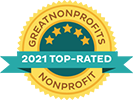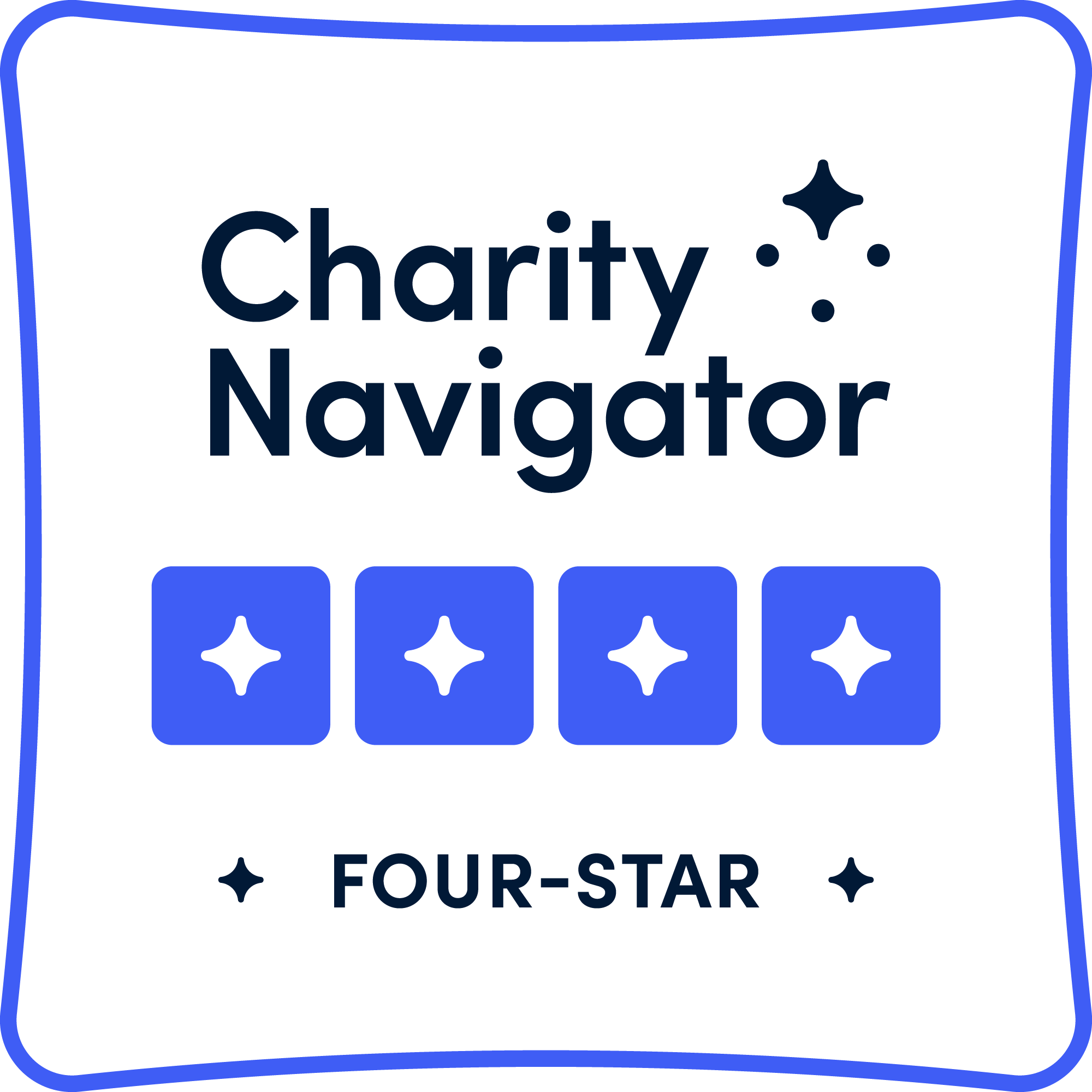ARC CEO Isabelle Lousada Featured as Rare Leader
Global Genes, a disease advocacy organization, recently interviewed ARC CEO Isabelle Lousada as part of their Rare Leader Profile series. The series gives insight into people who lead rare disease organizations. Below is a copy Isabelle’s Q&A that was featured last month.
Background
Disease focus: Systemic amyloidosis. Amyloidosis is a disorder caused by proteins that possess abnormal conformational features leading them to aggregate and infiltrate tissues in the form of amyloid fibrils. Systemic amyloidosis is a disease that can damage the heart, kidneys, liver, soft tissue and nervous system, resulting in multi-organ failure and death.
Headquarters: Newton, Massachusetts
How did you become involved in rare disease: I am a patient. I was diagnosed 1996 with AL amyloidosis. I was the fourteenth person in the world to receive an experimental autologous bone marrow transplant for a disease that was untreatable at that time. I am one of the few long-term survivors with AL amyloidosis.
Previous career: I was an architect. I worked on large scale public buildings with concept design.
Education: B.A. and Master’s in Architecture from the University College London.
The Organization
Organization’s mandate: ARC seeks to accelerate the development of new and innovative treatments for systemic amyloidosis while also ensuring pathways to market and patient access.
Organization’s strategy: We have a collaborative model that we’ve used to create a research blueprint through bringing together the key stakeholders across the whole drug development continuum. It’s to ensure that the scarce resources—which in rare disease is not just funding, but also patients, knowledge, and time—are used in a way to have the most significant impact.
Funding strategy: We have a strong, business-minded strategic plan. There are clear and measurable goals that build critical assets that are needed to accelerate research in these diseases. And the reasons to invest are compelling, both for philanthropist with interest in amyloidosis and rare disease, and also industry partners.
What’s changing at your organization in the next year: We are constantly evolving and strengthening our programs. It’s an incredibly exciting time for amyloidosis. There are a number of novel treatments in development, as well as some we hope will be the first approved for our diseases in the next year in the U.S. The landscape is changing and so are the challenges. We still need further research and have to adapt to this changing landscape while ensuring patients have affordable access to the best treatment for them.
Management Style
Management philosophy: In many ways I’m a creative entrepreneur. We embrace rapid innovation, fast experimentation, and find unique ways to create outsized opportunities for our small team to make the largest impact.
Guiding principles for running an effective organization: Never ask anyone to do anything you wouldn’t do yourself. We’ve kept the organization flat and have given people at all levels the ability to challenge the status quo. Also, have great coffee in the office at all times.
Best way to keep your organization relevant: In many ways, I think we take the best of the private sector and apply it to the nonprofit model. We view patients as our customers and are constantly listening to their needs. We bring together new tools, industry resources, scientists, and government to best serve, improve, and learn from our patient population. It’s a continuing learning process.
Why people like working for you: Despite living and breathing, and living the mission of the ARC, I don’t take myself too seriously.
Mentor: Eric Low, former CEO of Myeloma U.K. It is the best model of a rare disease organization, and a guiding light and carved the pathway for an amazing model in rare disease.
On the Job
What inspires you: Patients, patients, patients
What makes you hopeful: In every challenge there’s opportunity. I believe in my lifetime we have the opportunity to change the course of this disease
Best organization decision: Hiring people that are smarter than me
Hardest lesson learned: Learning how to interface with government bodies and heads of agencies when I had little or no experience in shaping policy and how to engage in policy.
Toughest organization decision: Saying “no” to large funding opportunities that wouldn’t directly benefit research in patients
Biggest missed opportunity: Having a career where I get on a plane and turn left. I’m always down in the cattle class on an airplane rather than in business class, or first class.
Like best about the job: Succeeding at doing something that hasn’t been done before
Like least about the job: Negotiating leases
Pet peeve: Running out of milk in the office when I need a good latte
First choice for a new career: Cowgirl. My total escape in life is riding horses
Personal Taste
Most influential book: The Fountainhead by Ayn Rand, an architectural masterpiece written by an amazing woman
Favorite movie: To Have and Have Not
Favorite music: Anything sung by a strong female soul singer
Favorite food: An occasional chocolate eclair
Guilty pleasure: Sneaking out for an early morning ride on my horse Sabrina
Favorite way to spend free time: Snorkeling with family
- Categories



